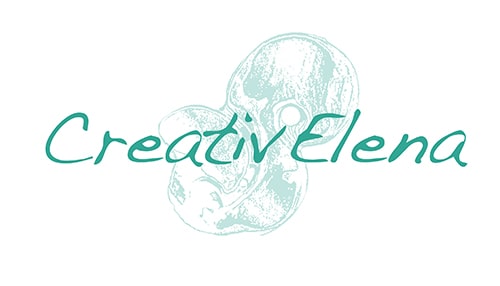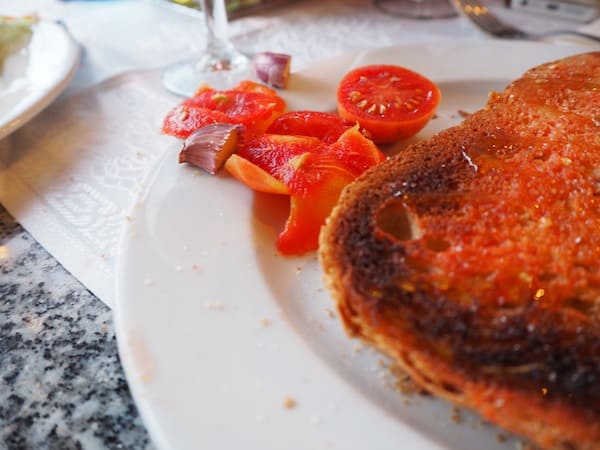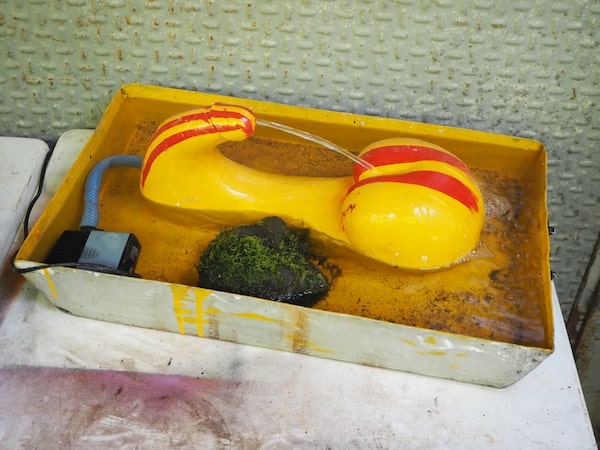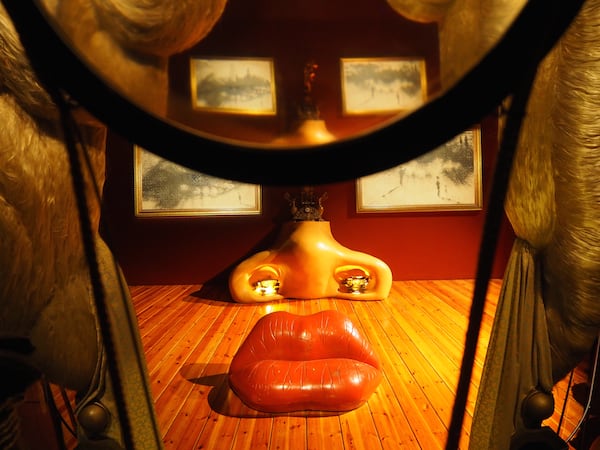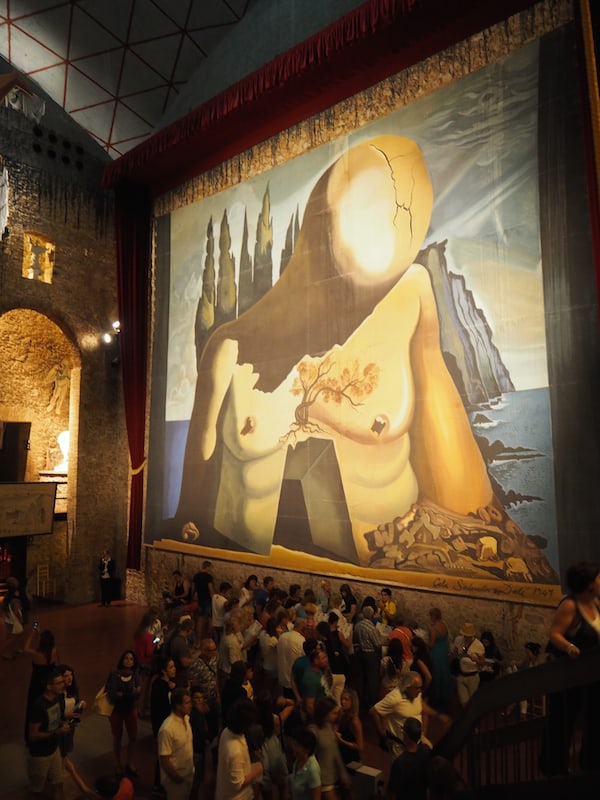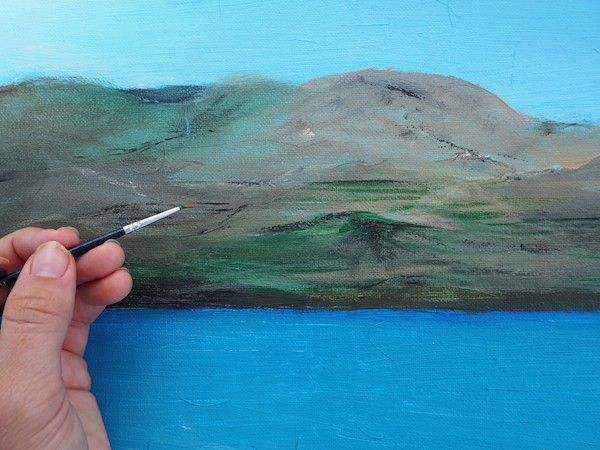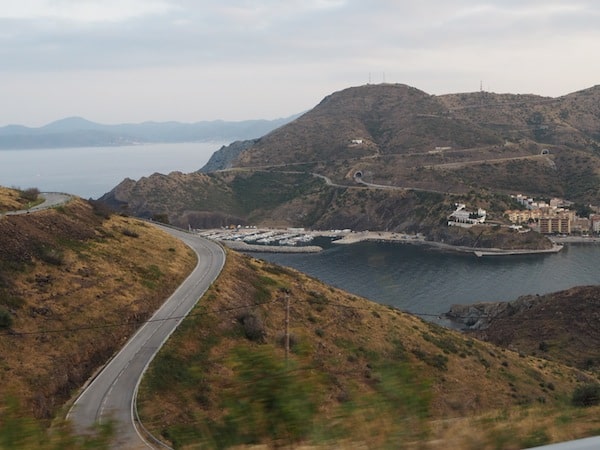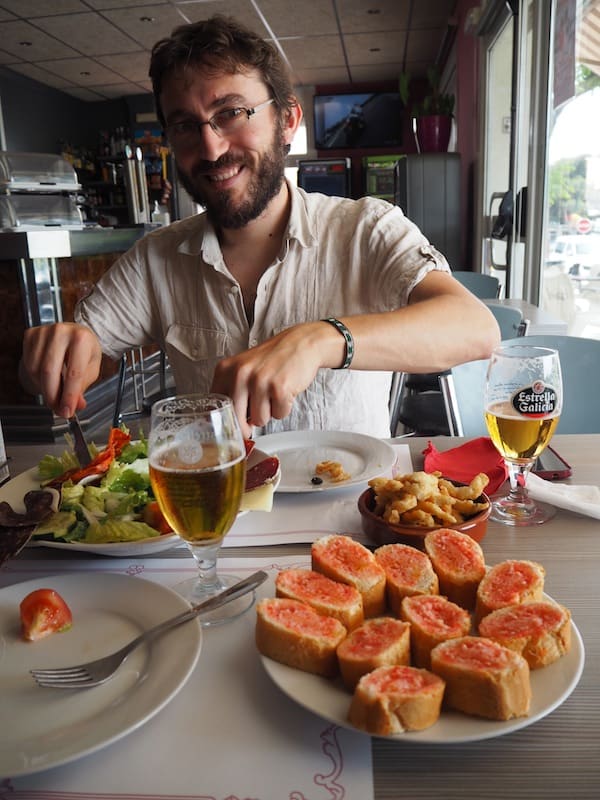“Utilitza la llengua” – “Use your tongue”, is written on a sticker showing a couple kissing above the entrance of l’Alberg Costa Brava, in beautiful Llançà in northern Catalonia. “Use your tongue”, is what all visitors to this sweet, family-run hostel at the foothills of the Pyrenees are greeted by. It could end there. Seen as a funny sticker comment. Nothing else. But not here in Catalonia. Not here, where almost everything is political these days – arguably even the use of your tongue. For kissing. Or speaking up, that is. In Catalan, of course.
Flashback to my first interaction with a true Catalan turned world citizen yet essentially .. proudly and happily Catalan. I remember showing up at TBEX Travel Bloggers Exchange conference in Lloret de Mar, Costa Brava earlier this year having not even thought about “no longer travelling in Spain”. What I do remember is that I felt glad over having finally met “someone local” amidst all that bunch of excited world travellers: Charming Marc Vayreda. He was there to represent his team at l’Alberg Costa Brava. “Lo siento mucho, pero .. en estos momentos ..”, I started out to speak with him in Spanish, explaining that having recently mastered Portuguese, my Spanish had slightly deteriorated in fluency ever since. I will never forget his reaction, genuinely surprised and slightly bemused, equally searching for his words in Spanish: “But .. I am not used to speaking much Spanish either. We talk Catalan here!”
“Ah. Yes. Of course! Catalan …” – “Yes. Catalonia is not Spain. Of course we know Spanish! But with my mum? We would never talk Spanish … always Catalan.”
Little did we know that our conversation would spark the beginning of a real something. A true discovery. A lasting curiosity. A deeper understanding. Three months later, I daresay I am fluent in Catalan. I have found a new home here, spending time with lots of sweet people, friends and families. “Ets una crack, Elena!”, dear Jaume Marin, of #InCostaBrava Costa Brava Tourism Board would say, smiling at me with warmth alongside his team in Girona. Why? How? Impossible, you may say. And yet … the north of the south and the south of the north have their way of meeting, connecting, and adding inspiration to each other. 😉
So let me reap all this freshly gained knowledge and tell you more about my take on culture travel #InCostaBrava, readying you for what you can expect on your next trip there.!
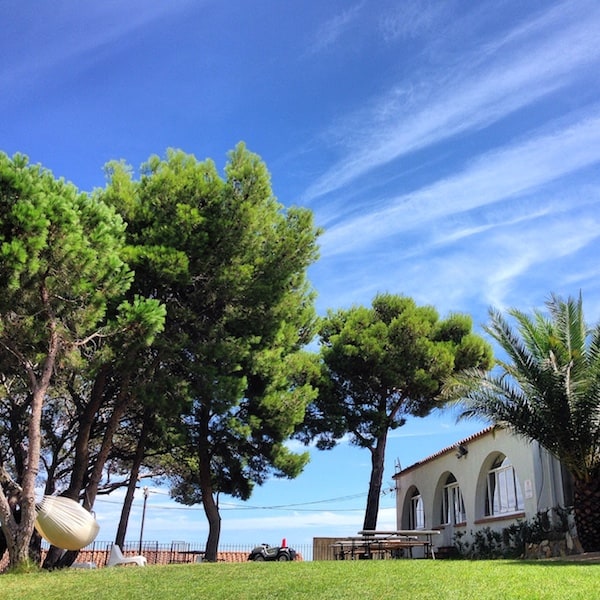
Catalonia, and especially northern Costa Brava, is a place for painters, poets & peace-seeking travellers alike, finding inspiration almost everywhere you look. Such as here, in the quiet little garden of l’Alberg Costa Brava. Love this place. Really, really do.
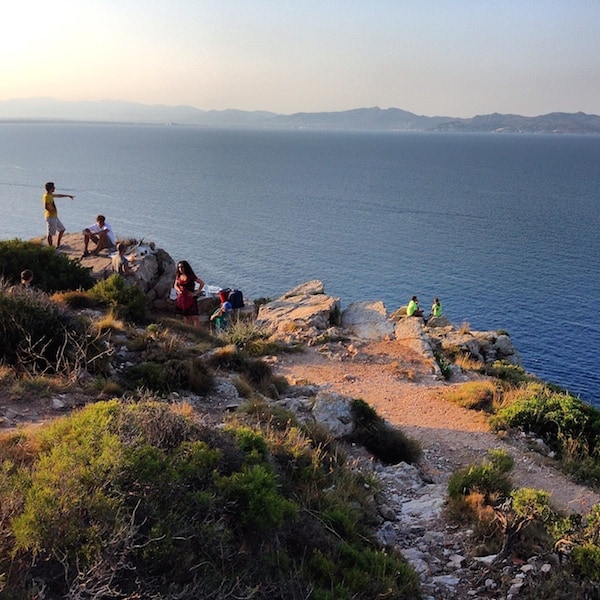
Costa Brava, Catalonia, it is a place of grandeur and beauty, of awe-inspiring nature and just-as-proud people …
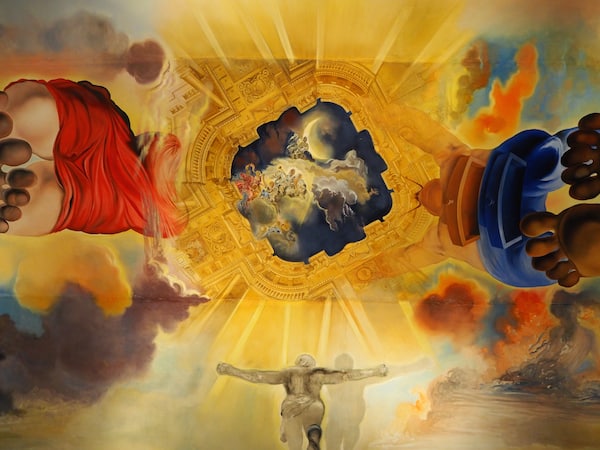
… easily reaching for the stars, and nothing less: Marvelling at one of Dalí’s famous creations at the Teatre-Museu de Dalí in Figueres, northern Costa Brava in Catalonia.
It is a place of celebration & songs, such as expressed by the popular summer song, “Al Mar!”, performed by the famous Catalan band Manel. Enjoy attuning your ears to the sweet sound of Catalan music while going through the rest of my post down below.
Travelling #InCostaBrava: The language.
Catalan language is the key to understanding the region’s identity. Once you understand this, everything else will follow. You need of course not become overly fluent in it, just a few words or phrases will already do wonders: “Hola, Bon dia, qué tal? Com està?” – “Bé, i tu?” – “Molt bé, gràcies.” And: “Visca Catalunya!”, if you want to make new friends immediately: Balm for the soul of a Catalan people who is almost unanimously struggling to become its own nation state at any one time in the near future.
That said, language-wise, Spanish as well as French will help you a great deal for mastering Catalan. “Castell, Croquetes, Cerveja” are all very reminiscent of their Spanish counterparts, “Castillo, Croquetas, Cerveza” – castle, croquettes, beer. (Heritage, food & drinks – ever important here in Catalonia!). Besides, words such as “llit, sovint, petit” (bed, often, small) differ from Spanish entirely and are clearly related to French. You can definitely help yourself with previous knowledge in either Roman language, such as Italian, French, Portuguese or Spanish. A good starting point (and icebreaker) for any conversation with the Catalan people are cultural expressions: If you are “bosom buddies” with someone, i.e. very good friends, the Catalan language references them as “ser cul i merda” … but instead of spelling this one out, I leave it for you to find out its exact meaning ahead of your next trip to Catalonia!
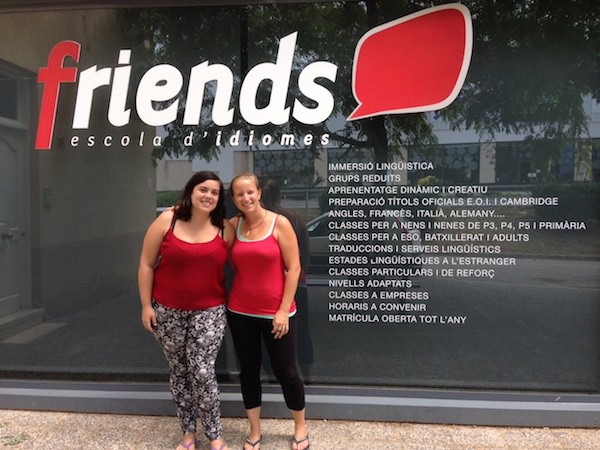
Thank you so much, my dear Ana – Moltíssimes gràcies !!! – for patiently teaching me some Catalan over the holidays at Friends – Escola d’Idiomes in Llançà, Costa Brava! Loved my time and fresh knowledge gained there.
Travelling #InCostaBrava: The food.
“Food is a cultural expression” for sure. The Catalan people, I find, have a way to celebrate even the simplest of foods. “Pa amb tomàquet” – it basically translates into smearing overripe tomatoes over the crust of crunchy white bread, dazzling it with a hint of salt & olive oil, et voilà! The beautiful little seaside town L’Escala, peacefully located at the Gulf de Roses in northern Costa Brava, has its own anchovy museum celebrating … anchovies, and/or stuffing them into olives! Of course, “Catalonia not being Spain”, even the traditional Paella is changed to “Arrós” or “Fideua” here, the latter replacing the rice in this classic seafood dish with … noodles. Yes. As a sea-deprived Austrian, I love the understatement of serving you fresh seafood anytime, all the time. At a good price. Here in Catalonia. Oooh yes … Visca Catalunya !!!
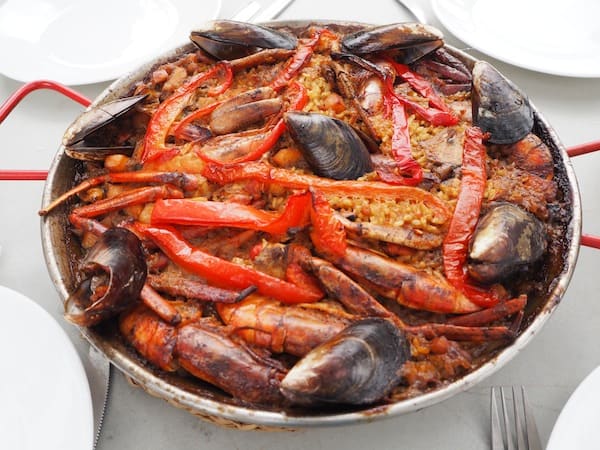
Arroooooos … Love this seafood classic that is served almost everywhere. Be sure to ask for “Arrós”, not Paella.!
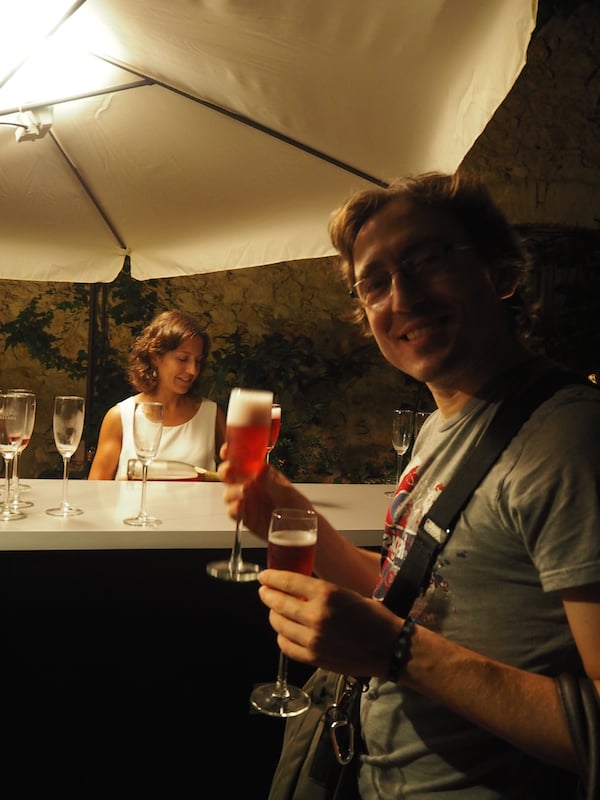
Cava, too, definitely serves as a cultural form of expression here in Catalonia. A visit to the Teatre-Museu de Dalí in Figueres includes a free glass for everyone: Salut!
Travelling #InCostaBrava: “Tramuntana”.
Travelling in Catalonia, and especially #InCostaBrava, you generally do not ask for a weather but for a Tramuntana forecast. Lots of local proverbs and expressions relate to this rather infamous wind that sometimes blows down for days (even weeks?) from the Pyrenees to the Mediterranean Sea, tearing on everything loose along its way- mostly, on people’s nerves. “Qué li ha passat?”, “What happened to her or him?”, and the answer would be: “Tramuntana.” I have yet to experience the full force of this mighty wind, so far escaping it relatively unscathed during the times I visited. In summer though, you will want to enjoy the slight breeze constantly caressing the sea shores of Catalonia, adding a breath of fresh air to an otherwise hot and relatively dry climate.
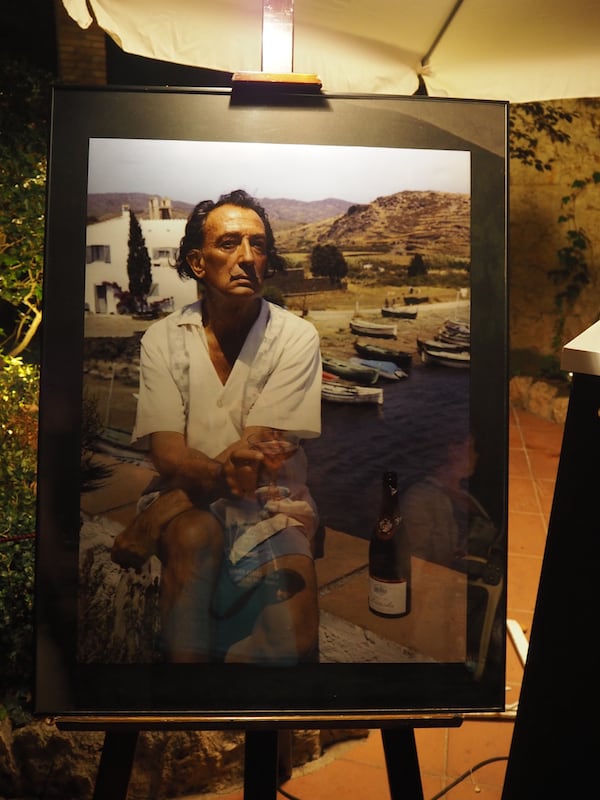
A stoic in the face of Tramuntana winds: Salvador Dalí, whose house in Cadaqués is perched atop one of the most exposed coastal sections of northern Costa Brava – and arguably, one of the most beautiful (and windy) ones too.
Travelling #InCostaBrava: The people. The artists. And all the inspiration!
“Travelling”, I wrote, “is always about the local people. Always and always. No matter how isolated you want to go or how much you want to ‘get away from it all’: At the end of the day, it is the feeling of warmth, of hospitality and of welcome the locals share with you that sets the vibe for you to return, to become enchanted by and to fall in love with a place.” To this day, I truly believe so. And I love the Catalan people, all the families & friends I have met there, who have unanimously expressed their utmost care, help and support in ensuring I had a wonderful stay.
There are some true discoveries to be made here in Catalonia, though. Salvador Dalí and all of his paintings, creations and sculptures that span so much more than just your stereotype, surrealistic image in an art history book. Contemporary sculptor artist Xicu Cabanyes, who at his “Erotic Sculpture Park” called Can Ginebrada Bosc d’Escultures Erotiques has shot at the Catalan Independentisme Movement from a very particular angle … and finally, every other Catalan you will meet in the streets, on the beach or in the bars and who will greet you saying, “Bon dia … Ningú ho ha demanat però fa bon dia … Damunt els caps un sol ben insolent, illumina descarat tot l’espectacle de la gent …!”
(The secret national anthem of the Catalan people, you must know, is a song called “Bon dia” by a Catalan group named “Els Pets” – The Farts. Don’t make up too much on that: Listen to the song – a great song! – instead.)
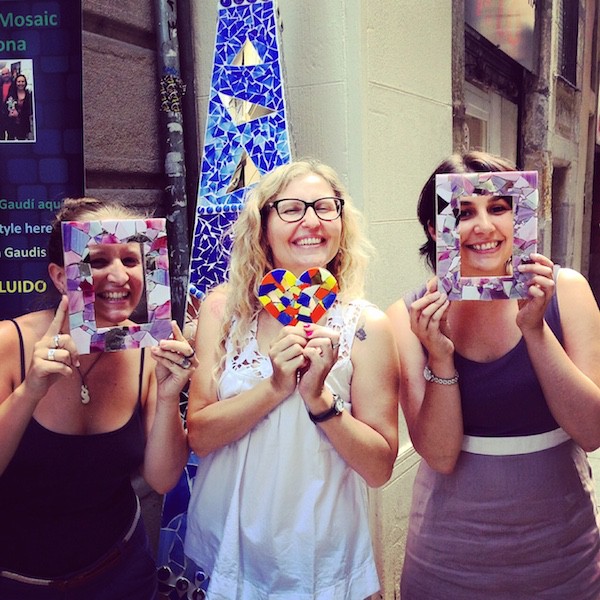
Catalan people are said to be “squareheads” by the rest of Spain, but I cannot help myself- I find them charmingly sweet in being so ..!
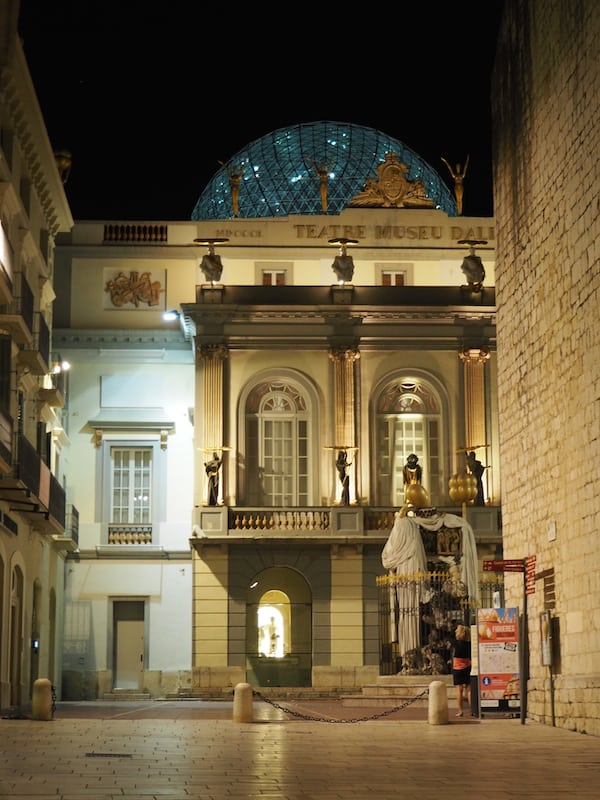
… having come to enjoy his birthplace, as well as the unique, world-famous “Teatre-Museu Dalí” in Figueres …
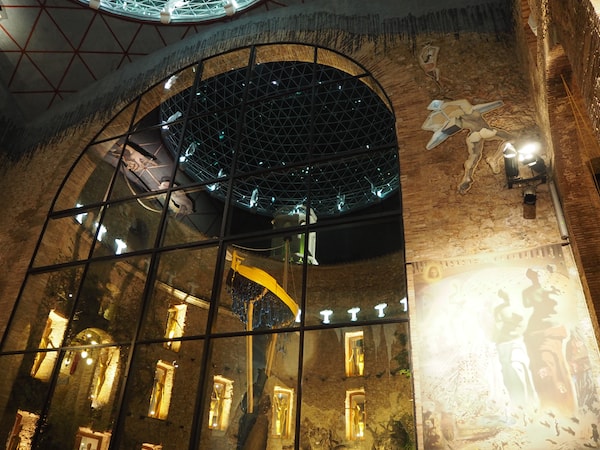
… a place I can truly recommend, especially “Dalí de nit” nocturnal tours offered during summertime.
Travelling #InCostaBrava: The flag or: The special relationship with Spain.
That time when you travel the world on kayaks, gently floating down the river Flúvia on your way to the Mediterranean Sea, and the silence is broken by a youth shouting, at 8.30 a.m. on a Sunday morning, “Visca Catalunya!” … THAT’s when you know you are definitely no longer in Spain. In fact, the only reminder you may have of “still being in Spain” is:
- the country code +34 in the telephone numbers
- the license plates of the cars: “E” for Espana (though I have seen some people replace theirs with “CAT” already)
- the passport or ID where it declares Catalan people as citizens of Spain
- the proudly perpetuated Siesta culture – “even” here in “the north” ..!
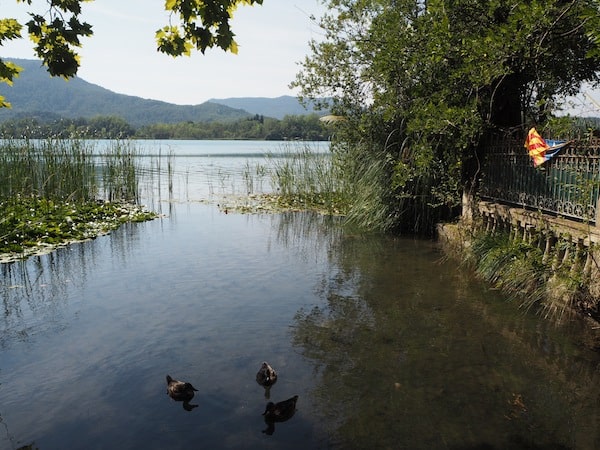
Even on this, or any, picture postcard setting, at least one Catalonian flag has to appear … just to remind you … just so you know.
Catalonia really is different from Spain. At the end of the day, and having travelled quite extensively in Spain myself, I must say it is just part of its charm: Catalan people are proud to be different. All political discussions aside, I recommend you to just come and see for yourself, and discover the taste of what I can say truly merits your visit: Natural wonders, cultural attractions and amazing people #InCostaBrava.
Visca Catalunya! 😀
